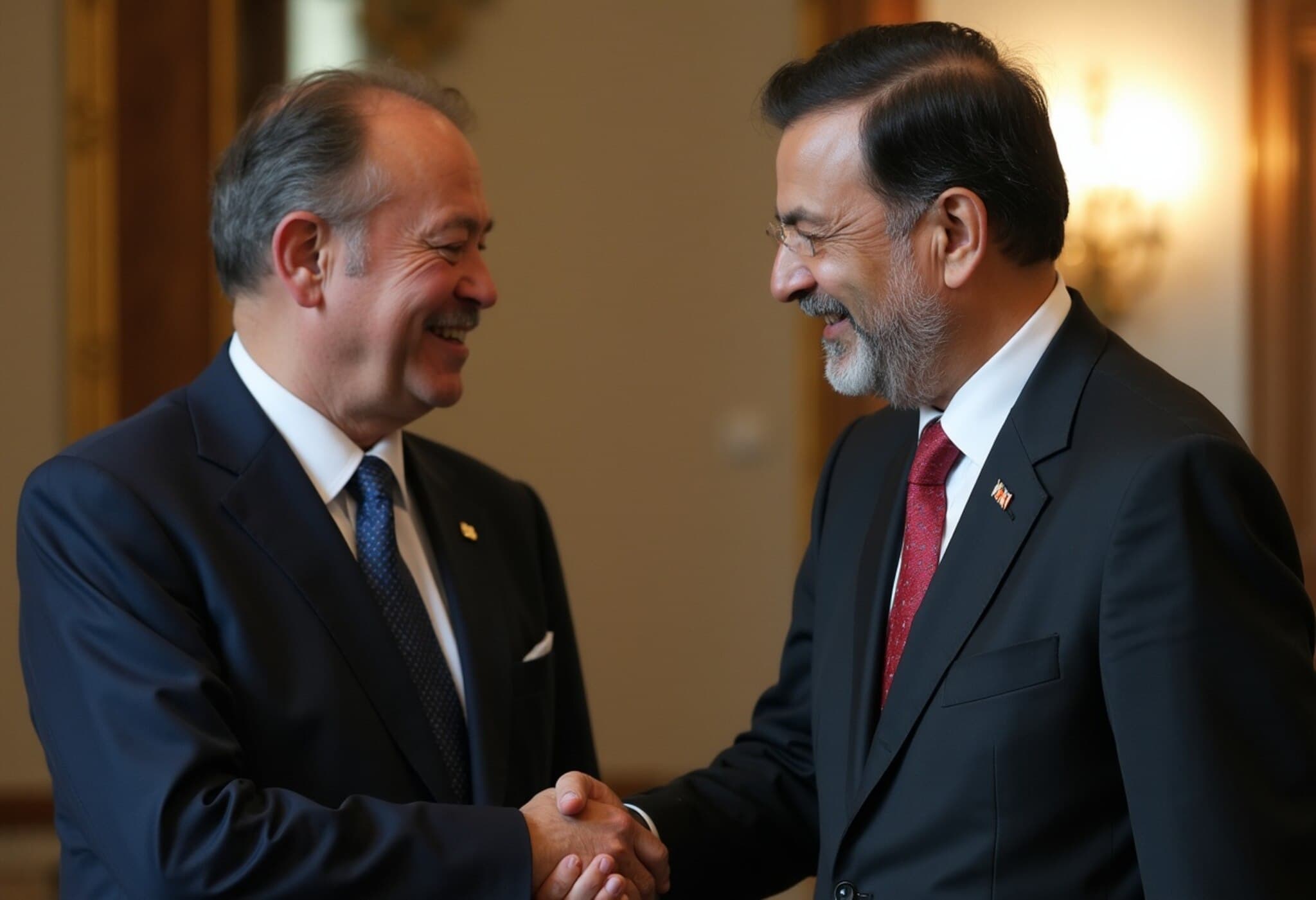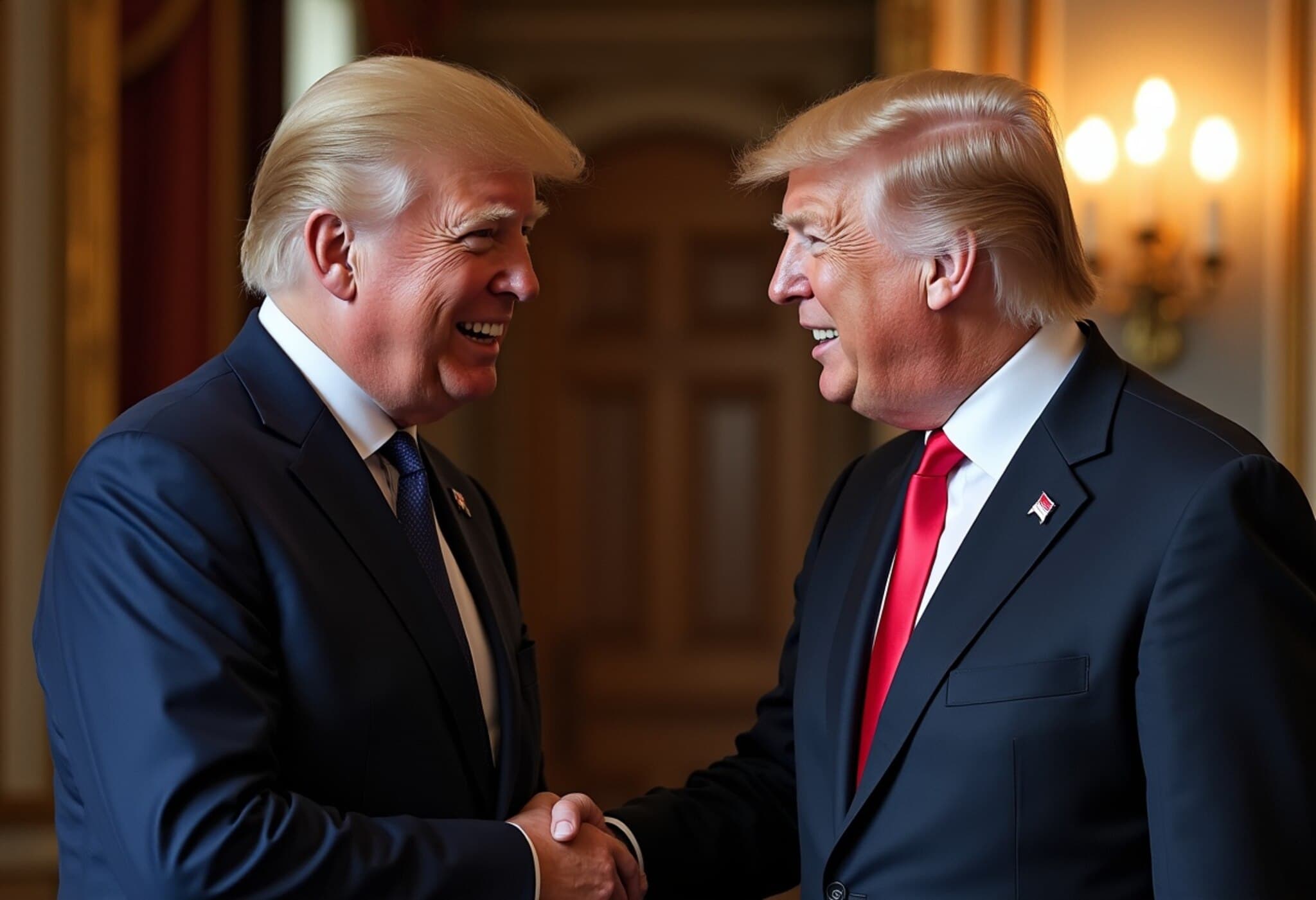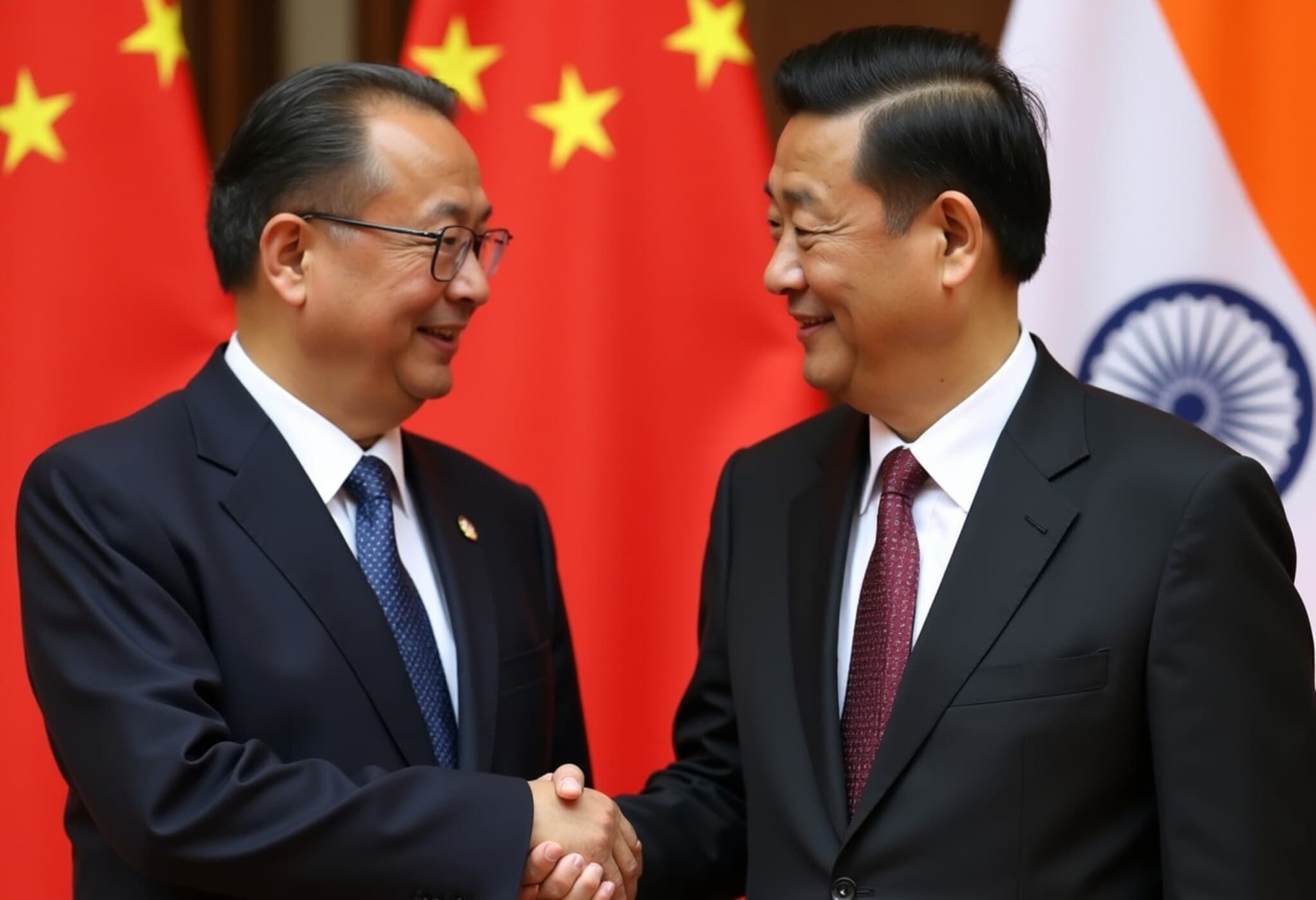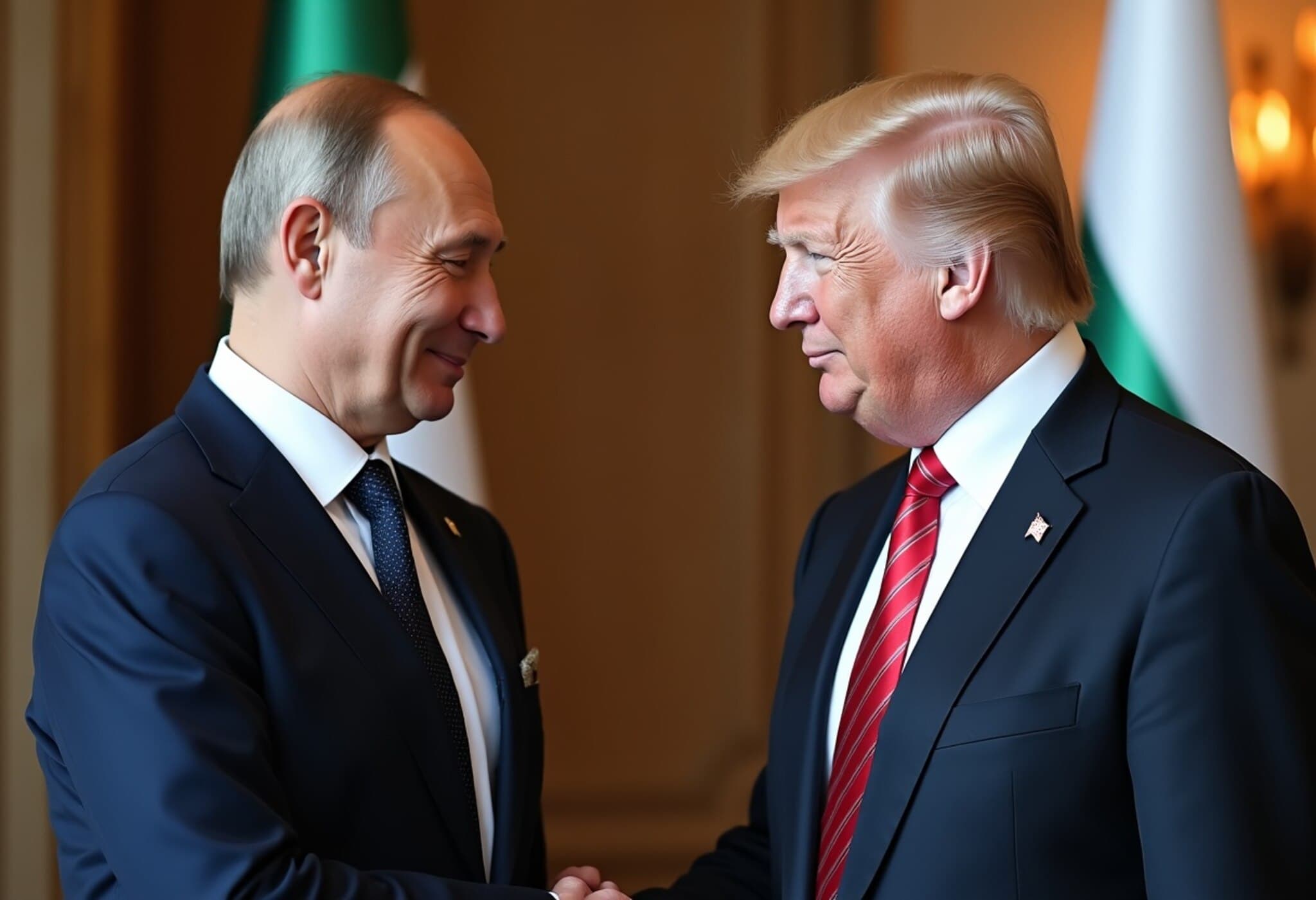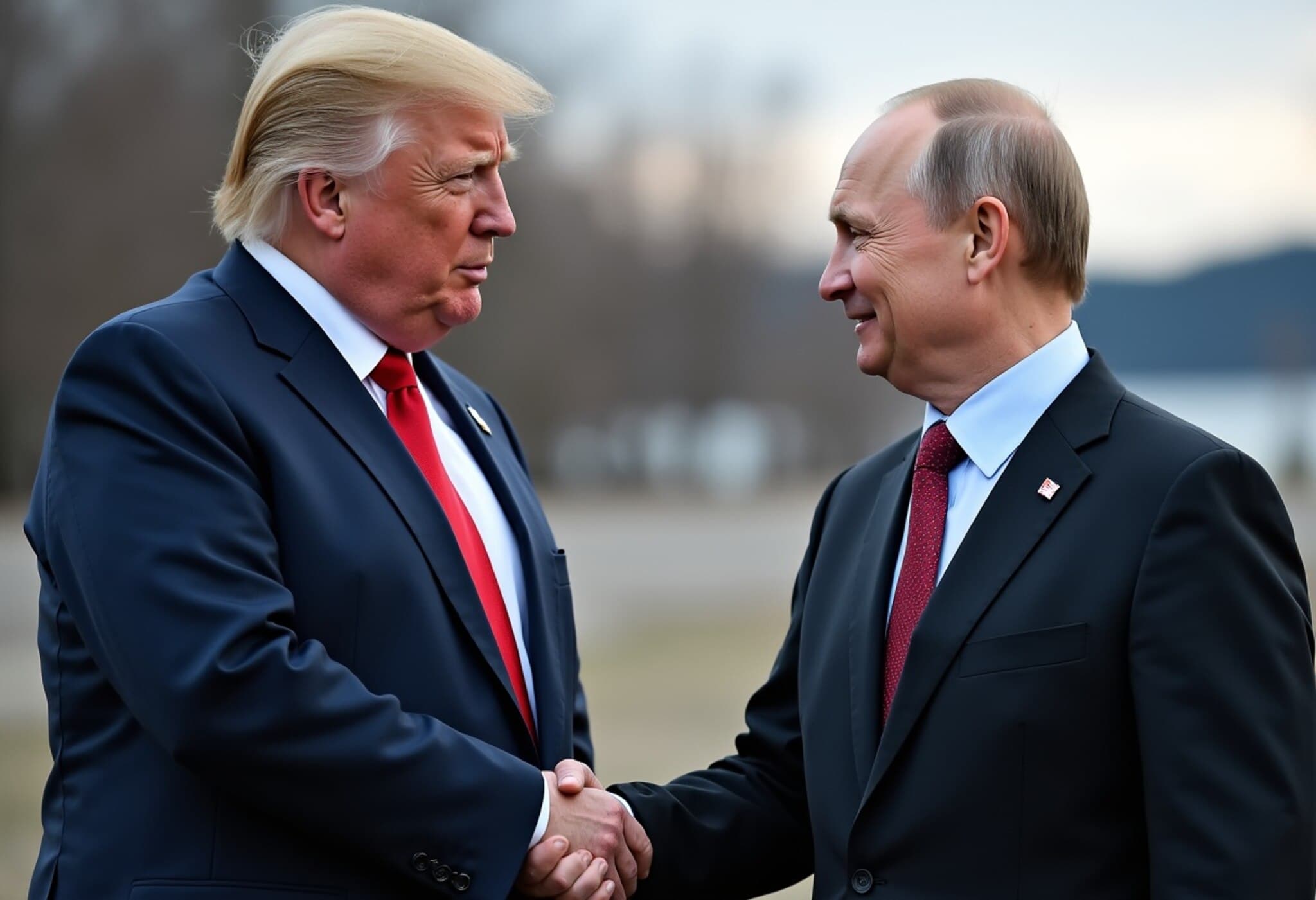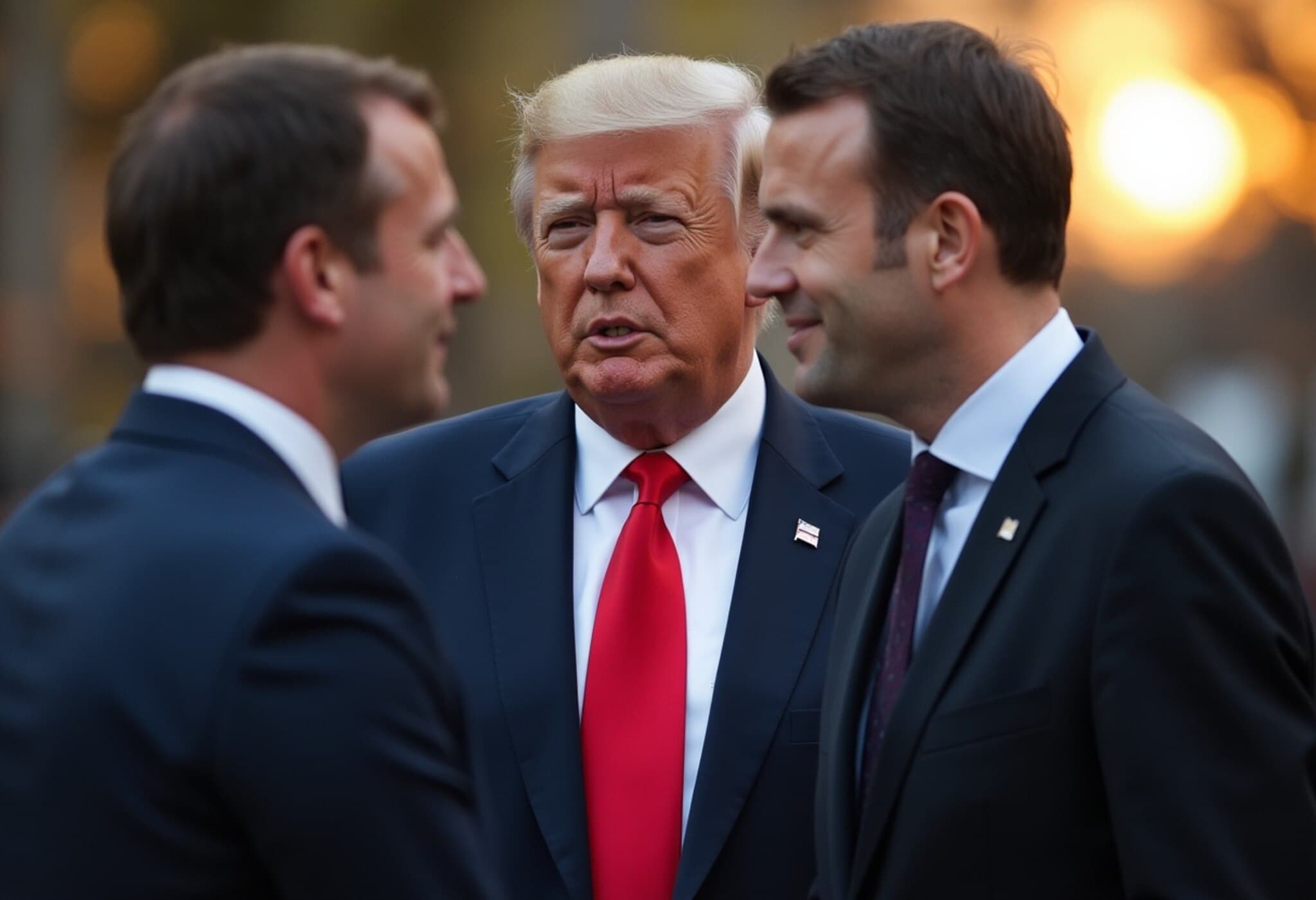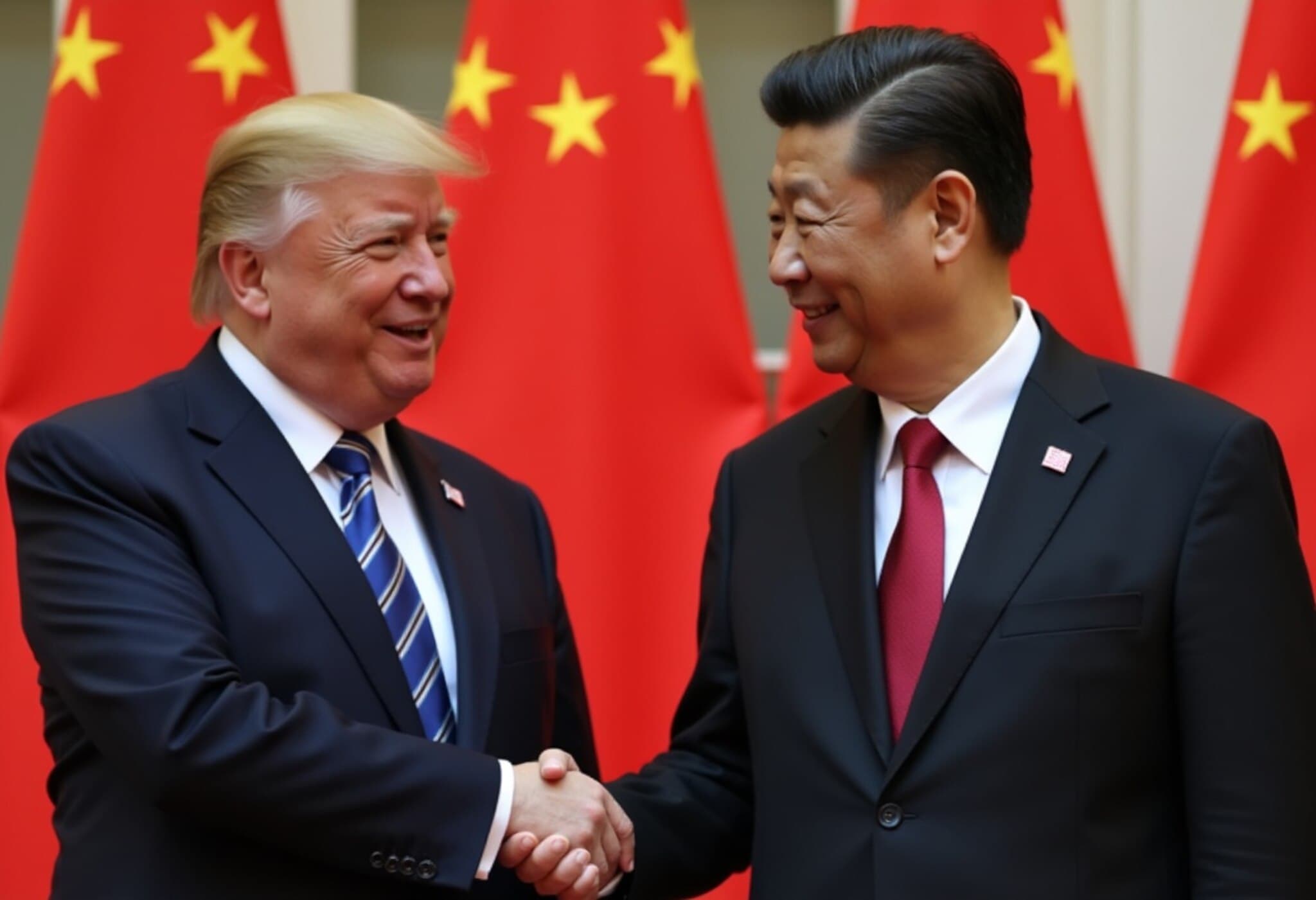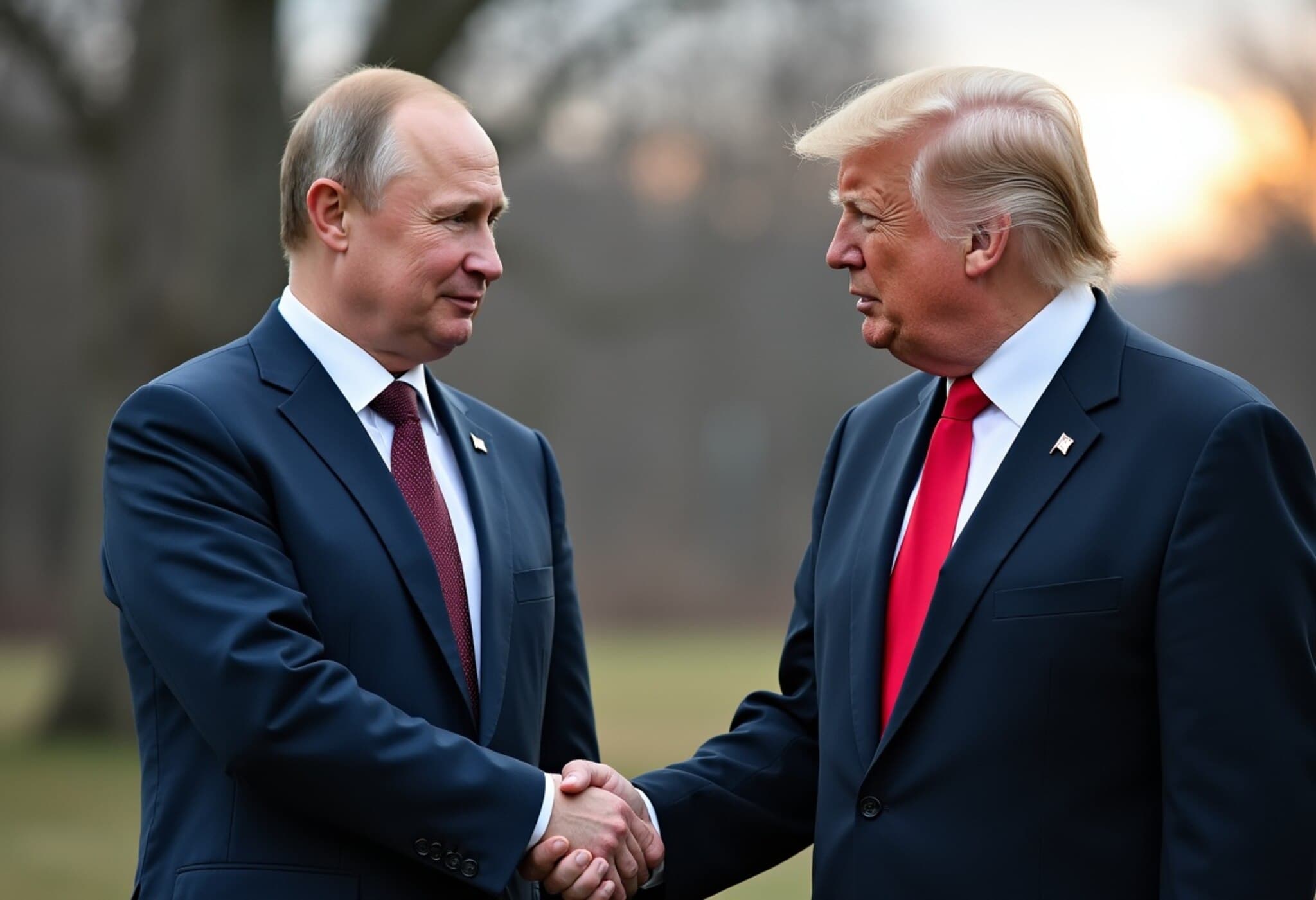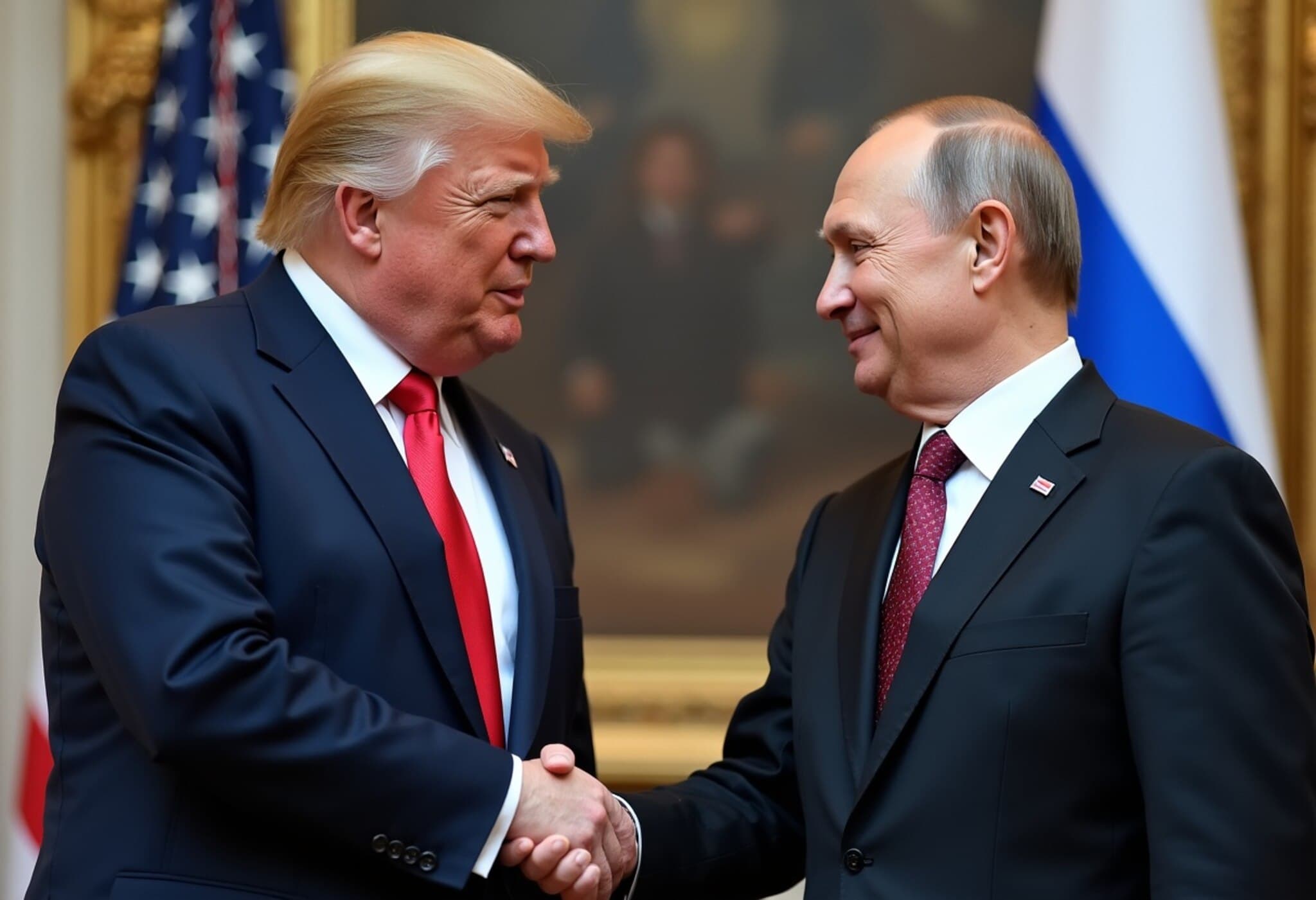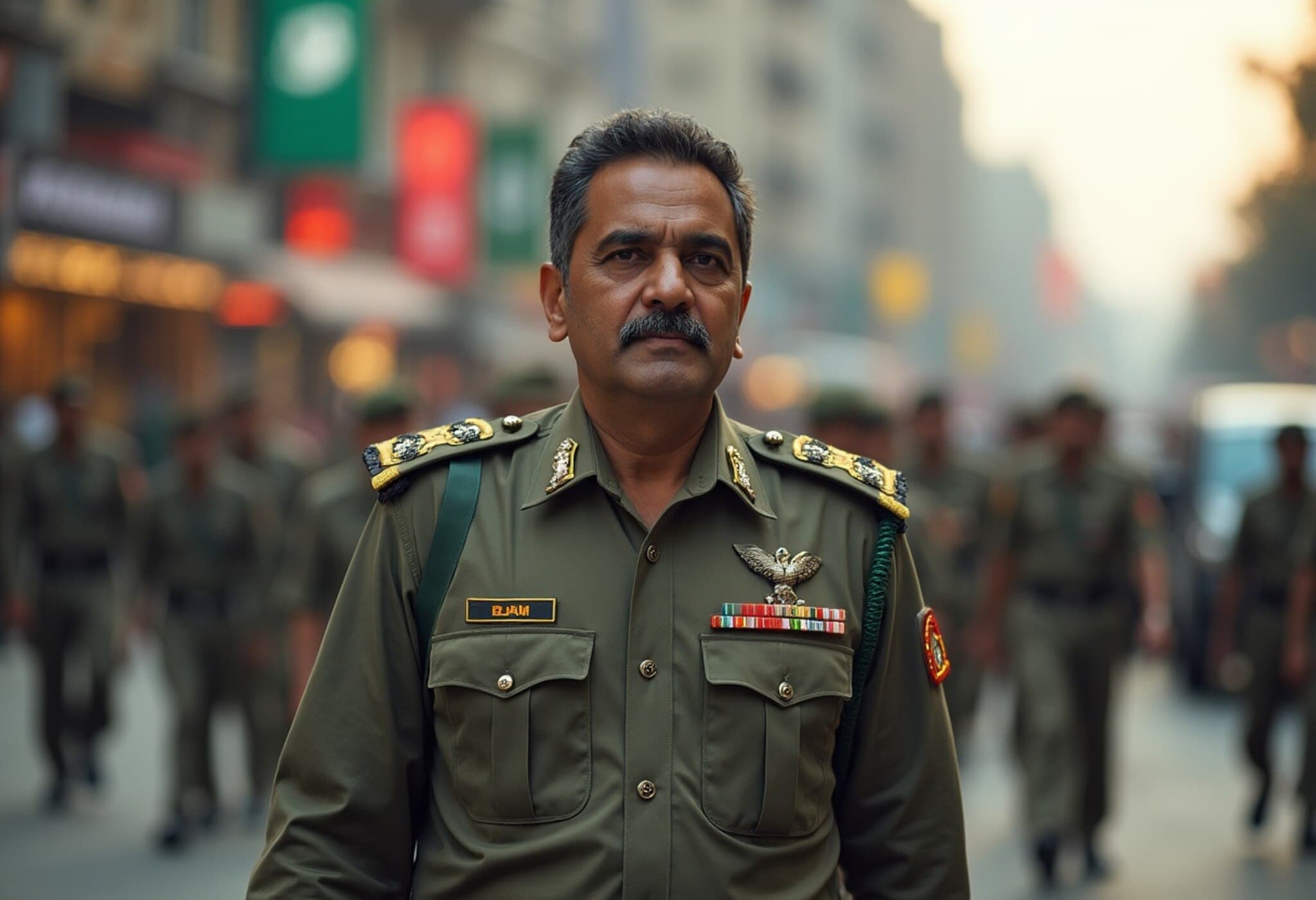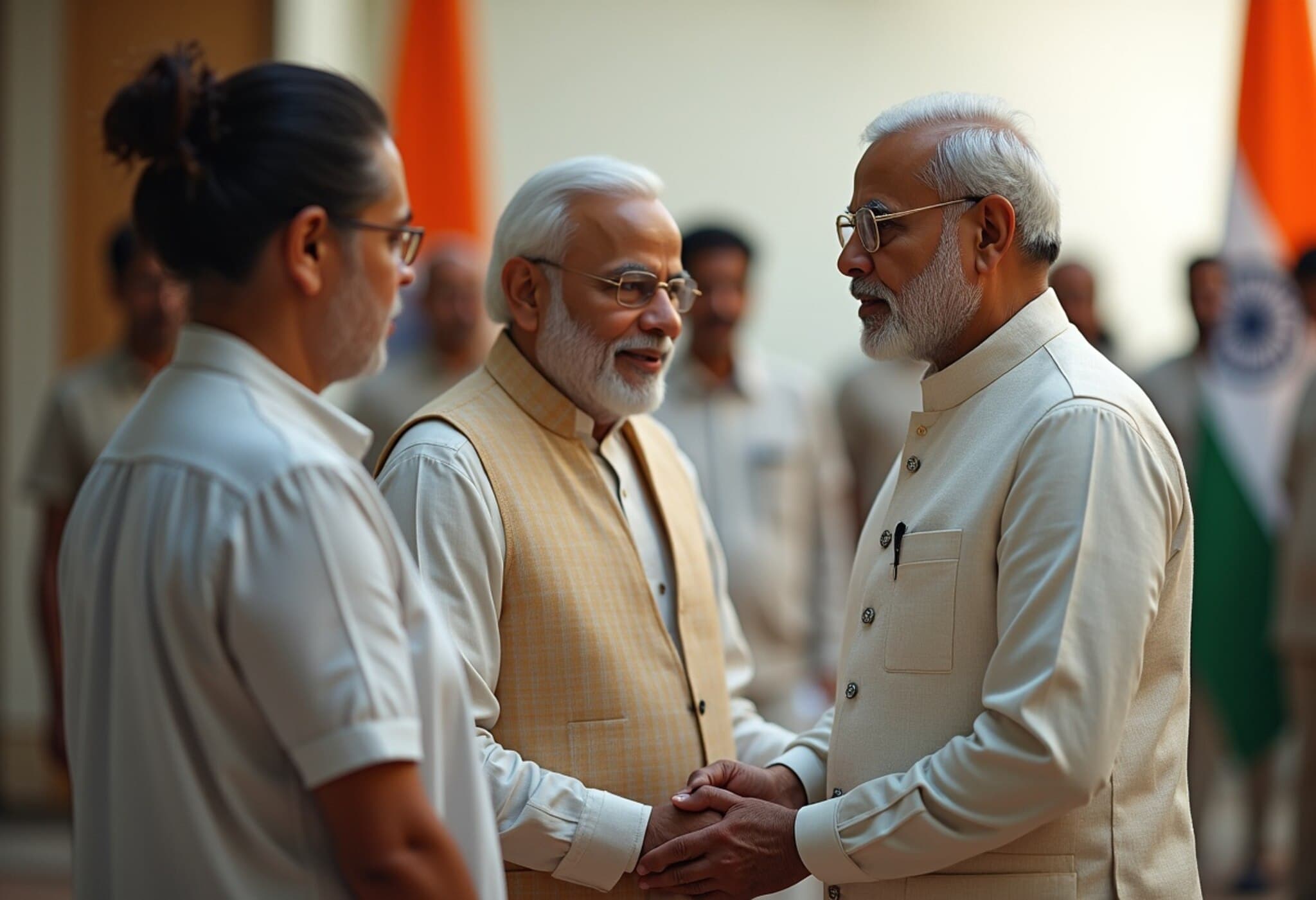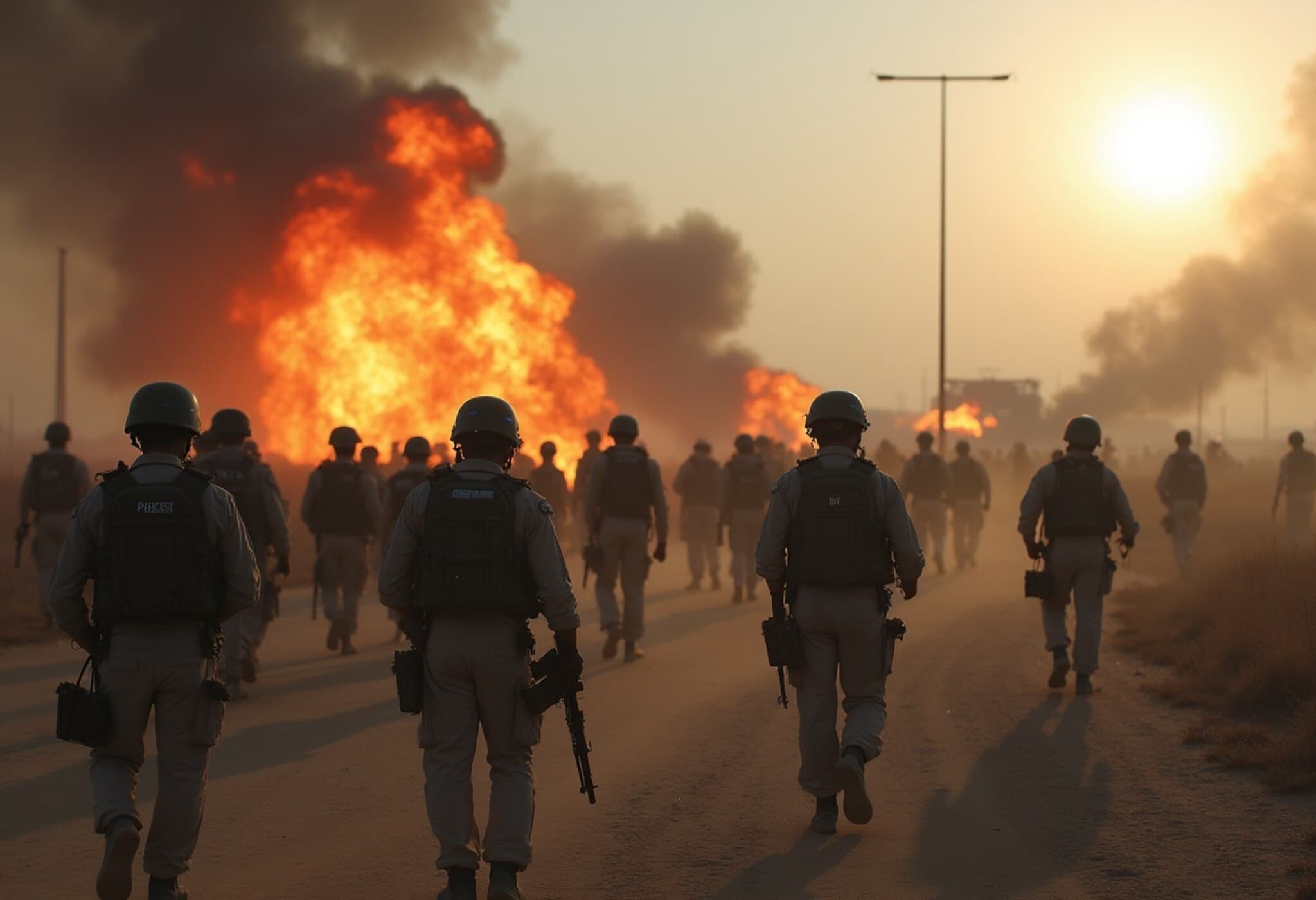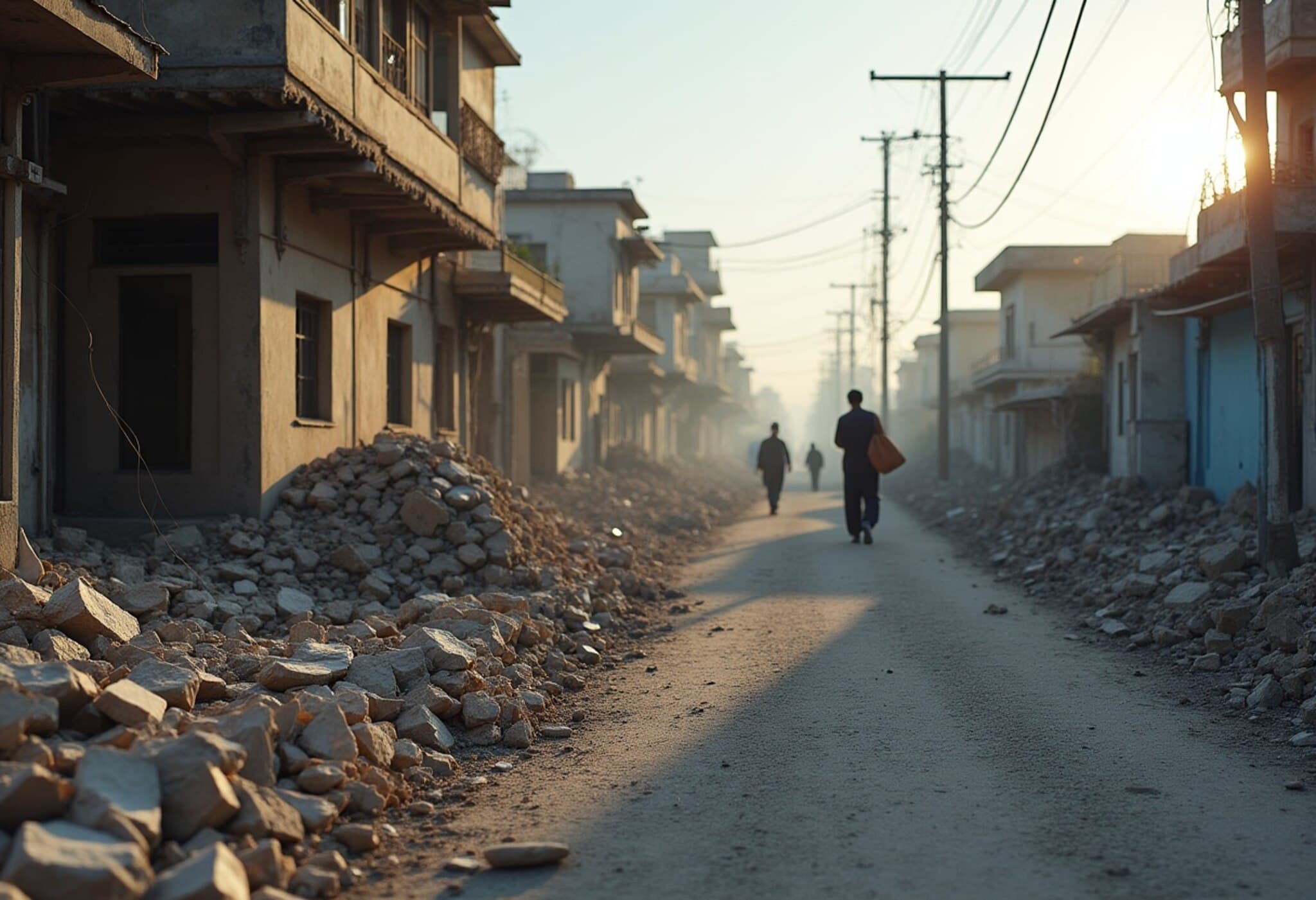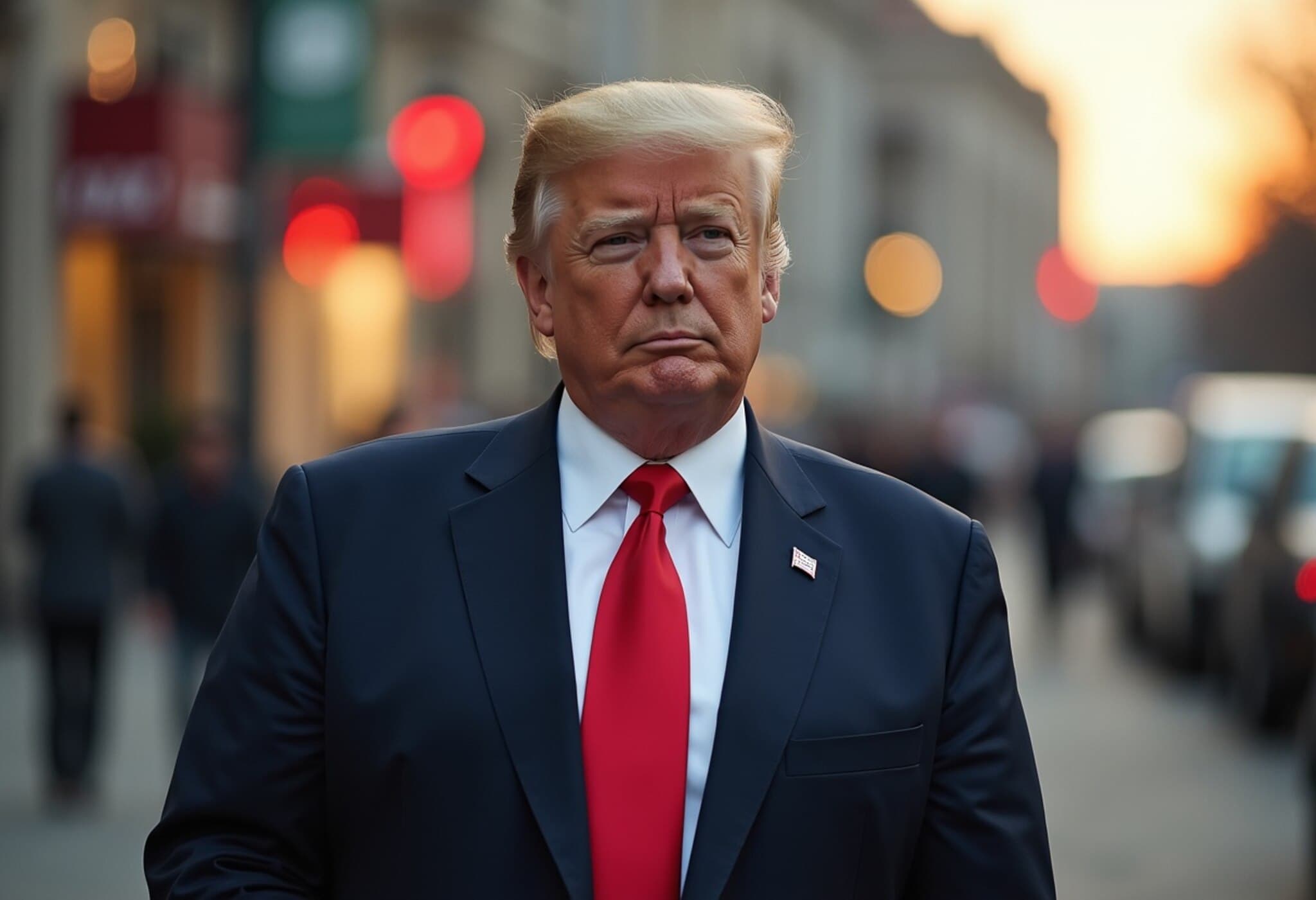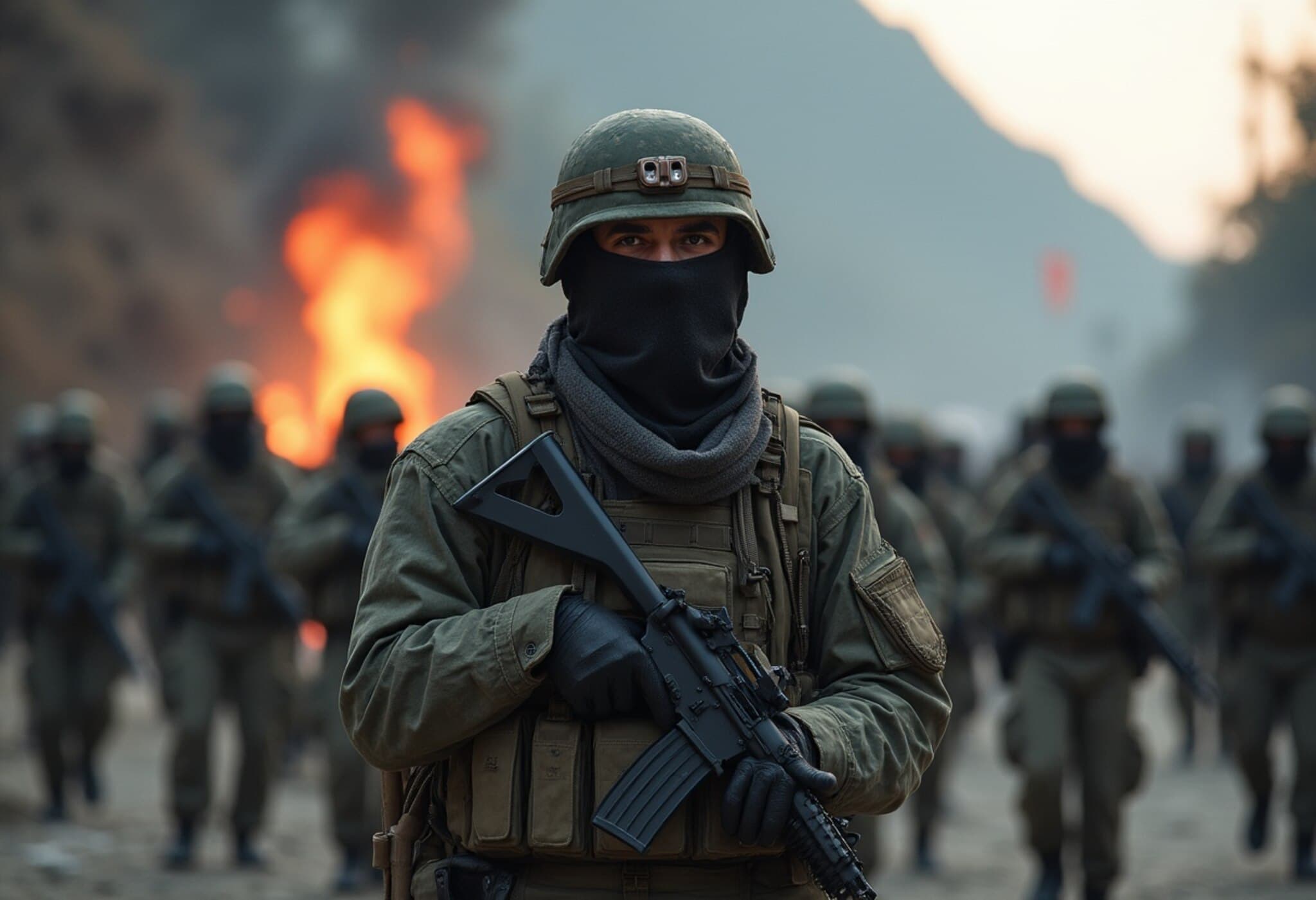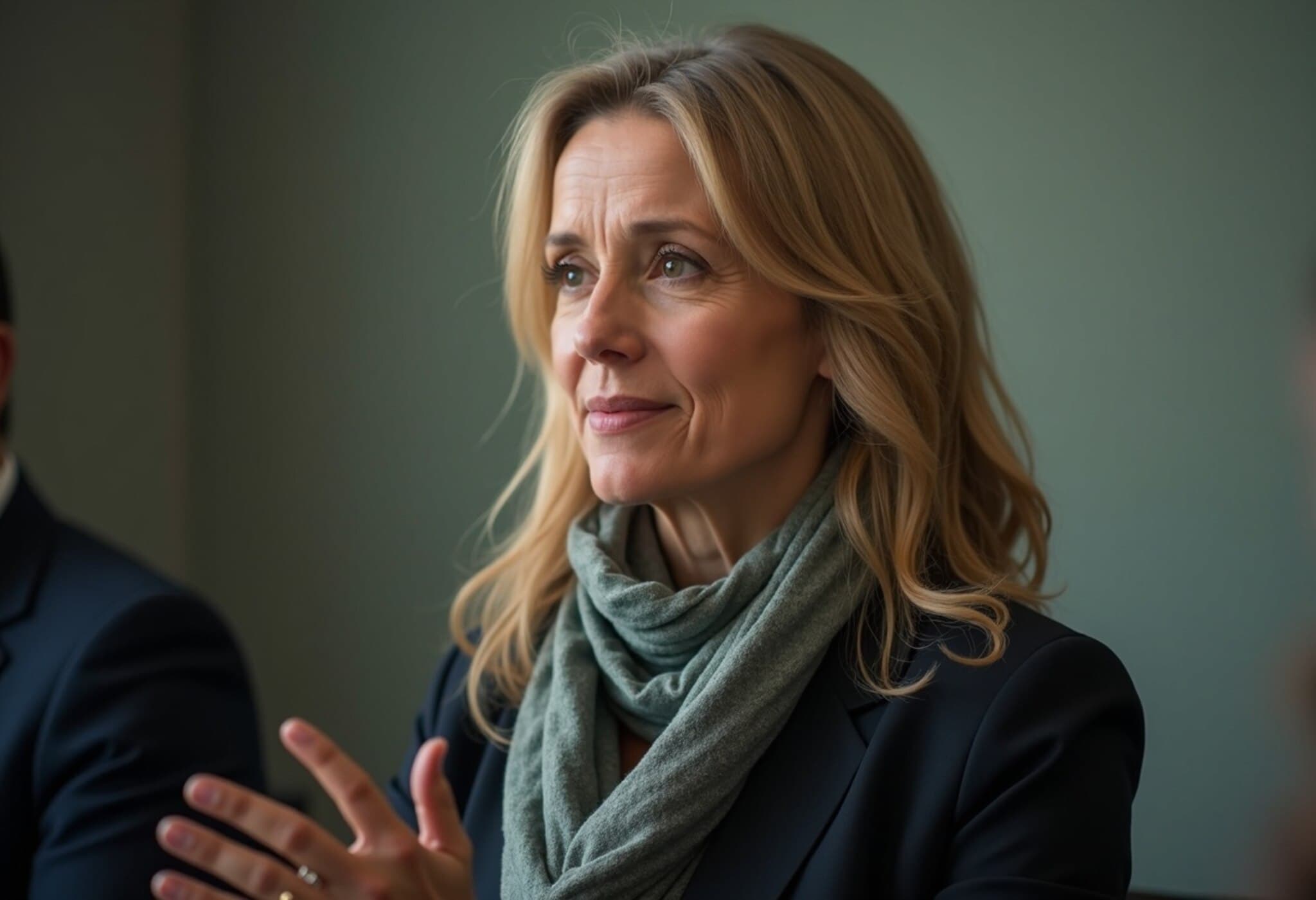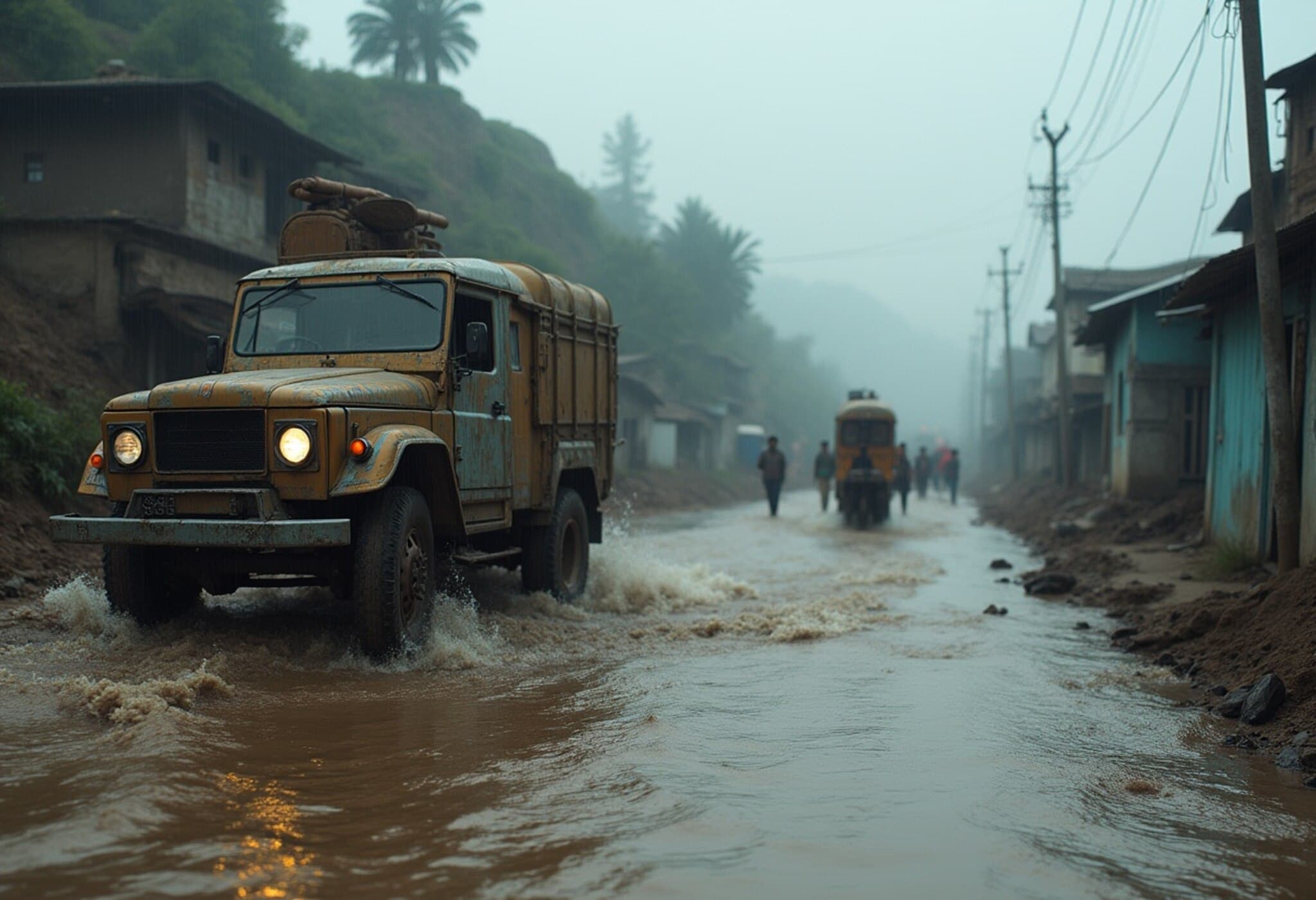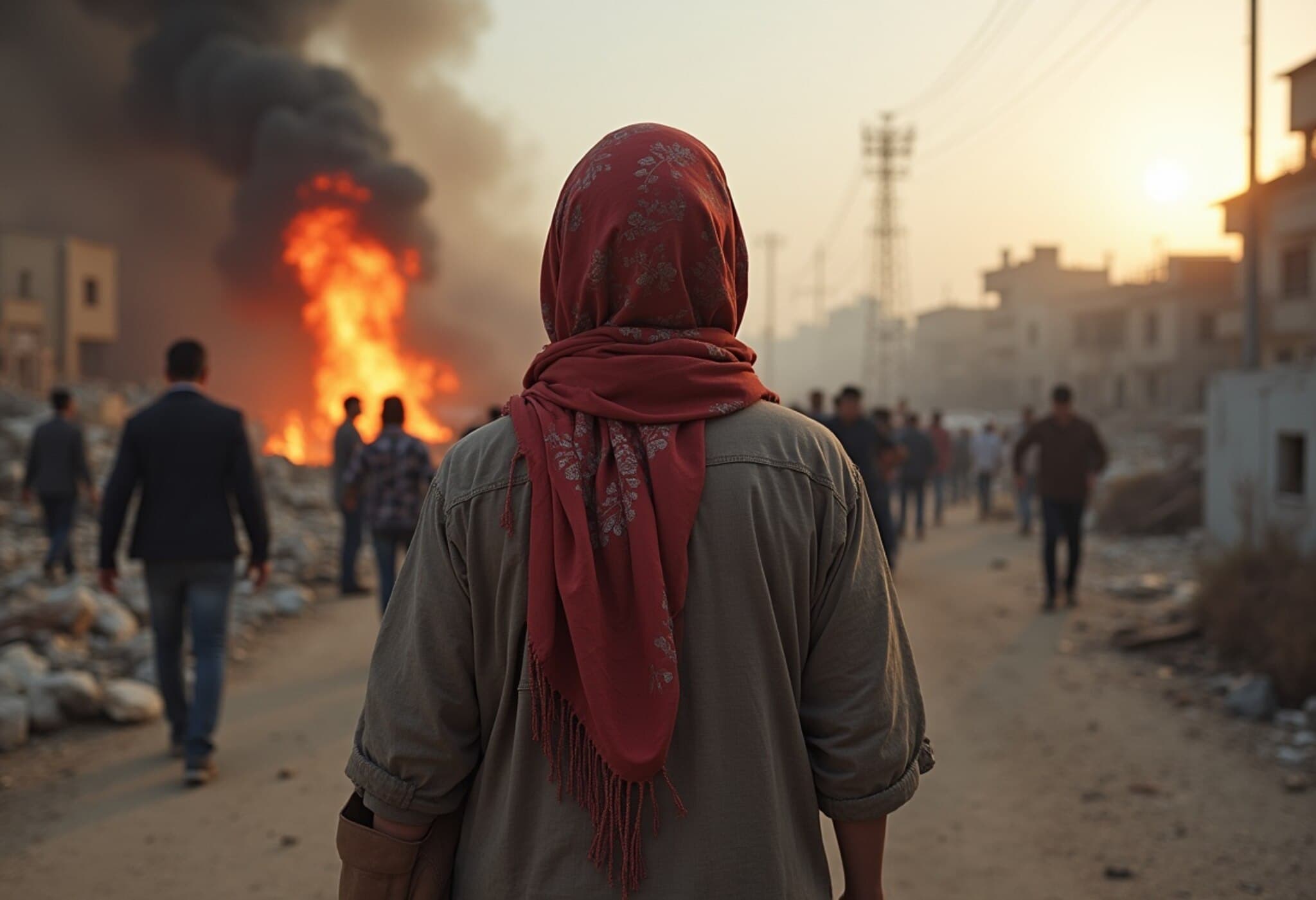Pakistani Delegation Scheduled to Visit Washington
On July 22, 2025, a senior official from the US State Department confirmed that a high-level Pakistani delegation is set to visit Washington, D.C., for bilateral discussions. However, the official refrained from disclosing specific details about the agenda, particularly regarding whether sensitive issues such as Kashmir would be addressed.
This announcement comes amid ongoing complexities in South Asia, where the tense relationship between India and Pakistan continues to draw international attention due to historical conflicts, especially over the Kashmir region.
State Department's Cautious Stance
State Department spokesperson Tammy Bruce, responding to questions about potential US involvement in Kashmir mediation following former President Donald Trump's past offers, acknowledged the upcoming meeting but remained noncommittal on any mediation role. Bruce stated, "We have Pakistan who is going to be here for a bilat, and I’ll be participating in that, so I’m looking forward to that as well." This diplomatic discretion highlights the sensitive nature of US engagement in South Asian affairs.
Context: Trump’s Past Mediation Claims
Donald Trump had previously claimed credit for brokering a "full and immediate" ceasefire between India and Pakistan following heightened border tensions. His assertions extended to promising increased trade between the US and the two countries as an incentive to ease hostilities. However, India officially denied US involvement, emphasizing that ceasefire agreements were reached directly between Indian and Pakistani military leadership.
India’s Position and Bilateral Relations
Despite expectations, a face-to-face meeting between Prime Minister Narendra Modi and Donald Trump during the G7 Leaders' Summit in Canada did not take place, as Trump cut his visit short. Nonetheless, the two leaders engaged in a 35-minute telephonic conversation during which India’s Foreign Secretary Vikram Misri affirmed that no discussions occurred about US-led mediation or trade deals with Pakistan following recent military operations.
What This Means for Kashmir and Regional Stability
The upcoming talks in Washington are poised to address a broad spectrum of strategic and regional matters. Yet, it remains unclear whether Kashmir—one of the most protracted and volatile flashpoints in international diplomacy—will be explicitly on the agenda. The situation demands nuanced handling, considering both India and Pakistan’s nuclear capabilities and their historical disputes.
Expert Commentary
From a US policy perspective, engaging with Pakistan through formal diplomacy signals Washington’s intent to maintain influence in South Asia, a region increasingly maneuvering between US strategic interests and rising Chinese presence. This visit also raises critical questions about America's priorities: Should the US adopt a more active mediator role in Kashmir or encourage direct bilateral dialogue without external intervention? Historical precedents suggest that while external mediation might expedite conflict resolution, it often hinges on both parties’ willingness, which remains fragile in Indo-Pak relations.
Furthermore, fostering dialogue on the Indus Water Treaty and other shared concerns could open pathways for cooperation beyond conflict, a strategy that aligns with US interests in regional stability and counterterrorism efforts.
Looking Ahead
The coming weeks will be telling as to how the US shapes its approach toward one of the world’s most sensitive geopolitical tensions. Observers and analysts will be watching closely to see if the bilateral talks pave the way for renewed diplomacy or maintain the status quo in a region fraught with uncertainty.
Key Points to Watch
- Will Kashmir feature as a topic of discussion in the Washington talks?
- How will the US balance relations with India and Pakistan amid escalating regional dynamics?
- What role, if any, will economic incentives or trade play in US diplomacy here?
Editor’s Note
As the US hosts the Pakistani delegation, the shadows of past conflicts and current geopolitical ambitions loom large. This dialogue symbolizes more than routine diplomacy—it’s a delicate dance between fostering peace and respecting sovereignty, with millions affected by the outcome. Readers should consider the implications of potential US mediation while recognizing the enduring complexity of Indo-Pak relations, highlighting the challenge of translating diplomatic gestures into lasting peace.

